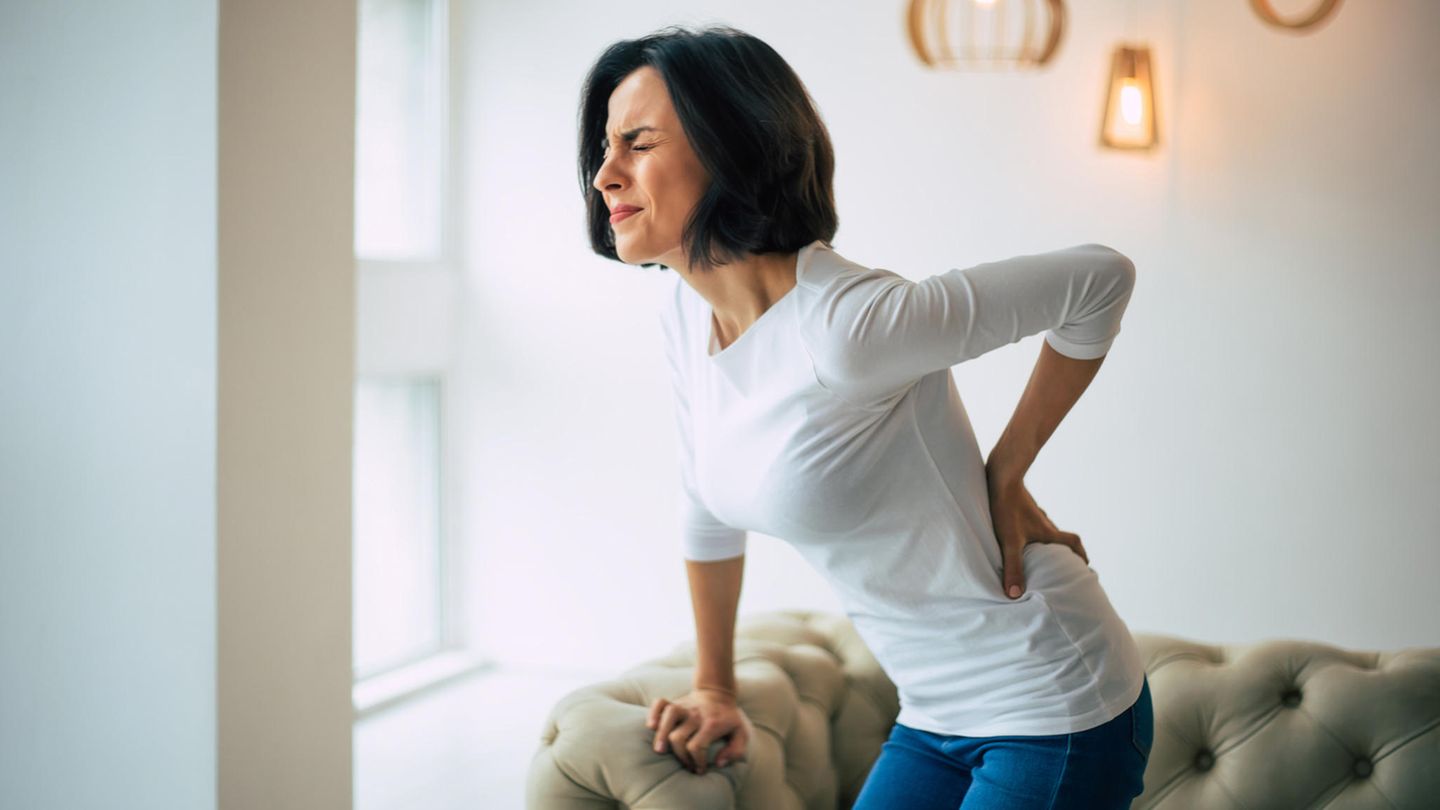New energy-saving measures will apply in Germany from September 1st. The cabinet passed a corresponding ordinance, which stipulates, for example, that retailers keep the doors of their shops closed and that monuments are no longer illuminated. An overview.
Starting next Thursday, numerous energy-saving regulations will apply in Germany: Shop doors must not be left open all the time, neon signs must go out after 10 p.m., and monuments must not be illuminated. At the workplace, a room temperature of 19 degrees Celsius should be sufficient, in public buildings the corridors remain cold. Additional regulations are scheduled to come into force on October 1.
On Wednesday, the cabinet passed two regulations based on the Energy Security Act, which are intended to save energy both in this heating season and in the coming ones. The first regulation applies from September 1st for six months, i.e. until February 28th.
New measures for private individuals and companies
At the office workplace in a public building, the maximum temperature is lowered from 20 to 19 degrees Celsius – depending on the type of activity, other maximum temperatures apply, around twelve degrees for heavy physical activity. Medical facilities, day care centers and schools are excluded. According to the ministry, the maximum values set for work rooms in companies are “minimum temperature values”.
Contract clauses in leases about a certain temperature are suspended for the six months. Tenants who want to save energy and turn down the heating should also be allowed to do so, as the Ministry of Economic Affairs explained.
Private indoor and outdoor pools may not be heated with gas or electricity from the grid. Exception: The swimming pool is used for therapeutic applications. Pools in hotels, leisure facilities or rehabilitation centers are not affected.
Retail poster campaign: “Close doors, shop open”
On the corporate side, retail and the advertising industry are particularly affected: It is prohibited to keep shop doors and entrance systems in retail business premises open at all times, unless it is an emergency exit or escape route. Advertising systems – including shop windows – must not be illuminated from 10 p.m. to 6 a.m. Exceptions are, for example, passenger shelters or railway underpasses.
The retail trade has already adapted to the bans. The industry association HDE launched a poster campaign – to read “doors closed, business open”. In this way, retailers want to prevent fewer customers coming into the shop because of closed shop doors.
In public buildings, corridors, large halls or technical rooms should no longer be heated – the exceptions are hospitals, care facilities and day-care centers. Boilers and instantaneous water heaters should not be used to prepare hot water for washing hands. However, cold showers are not compulsory. External lighting of public buildings is prohibited; the safety and emergency lighting may be on.
Habeck on saving energy: “Every contribution counts”
The second regulation is to be valid for two years; For example, the obligation for homeowners to have their heating checked annually and to replace inefficient heating pumps in buildings with natural gas heating is planned. This ordinance requires the approval of the Federal Council and is scheduled to come into force on October 1st.
Federal Economics Minister Robert Habeck (Greens) said after the cabinet meeting that the measures could save two to two and a half percent of energy consumption in Germany. That is “not so much that we can lean back” – the federal government’s savings target for winter is 20 percent.
“We are facing a national effort and it requires a strong interaction between the state, business and society, the federal, state, local authorities, social partners, trade unions, trade and associations as well as civil society,” explained Habeck. “Every contribution counts.”
Source: Stern
David William is a talented author who has made a name for himself in the world of writing. He is a professional author who writes on a wide range of topics, from general interest to opinion news. David is currently working as a writer at 24 hours worlds where he brings his unique perspective and in-depth research to his articles, making them both informative and engaging.




